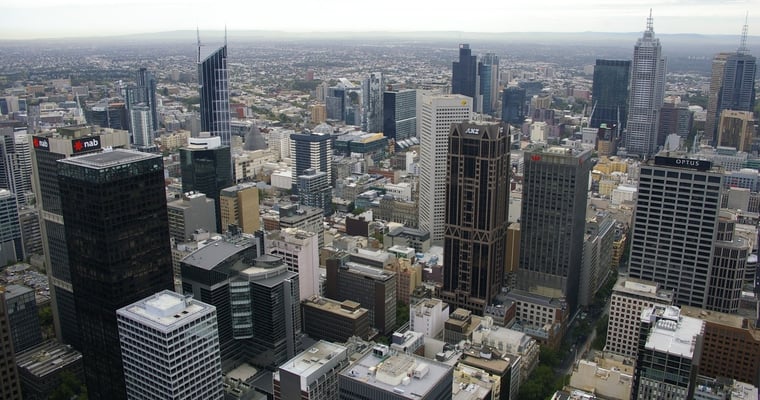
The number of vacant houses and apartments across Melbourne is at crisis level, with an estimate of over 20% of investor housing within the inner suburbs of Melbourne vacant for a calendar year. But will the Victorian government's new 1% tax on vacant housing go anyway to ease housing affordability?
The tax is directed towards property owners who “unreasonably leave their properties vacant” - instead of making them available to the market as either rental properties or for purchase. The Victorian state tax will be calculated on the improved capital value on property left unoccupied for a calendar year. A number of exemptions will apply including holiday homes, deceased estates and homes owned by Victorians who are temporarily overseas.
According to water-use study by Prosper Australia, the number of empty houses and apartments in Melbourne is at crisis level and much higher than traditional estimates. As many as 20% of all investor-owned properties lying empty, according to the Prosper Australia study.
According to Prosper's Speculative Vacancies report, now in its eighth year, the number of vacant properties has increased exponentially. The think tank advocates for broad-based land taxes to raise the cost of holding land unproductively, as well as for an end to stamp duty, which it says impedes the market for land transactions.
“Vacant properties impose a needless economic burden. Residents and businesses are forced to leapfrog vacancies to lesser sites at great cost, increasing commuting times and placing upward pressure on prices” the report says.
But whether this new 1% levy will be enough incentive to drive out vacant properties is questionable. For example, 1% of a $800,000 property annually is $8,000. Is this worth paying for an overseas investor who wants to stay under the radar? The Victorian Premier, Daniel Andrews believes these changes will send a really strong message to investors, but the jury is out as to whether this measure will have any impact. Currently, it appears that capital gains is a far great incentive for investors than rental returns. A 1% loss can easily be off set by a 5% return on capital growth.
And it is is still unclear how offenders would be identified. Lack of water usage is one possibility, but this could easily be overcome by employing a person to access the dwelling on a regualr basis to run the bath for example.
It is not clear in the Report how much of the vacant housing stock is foreign-owned but the speculation is that a substantial number of vacant properties are owned by overseas residents, particularly in the Melbourne CBD, which has the largest number of vacancies with 6.7% of the properties using no water at all.
The Report calls for a range of measures to reform the vacant property market and it appears that the Victorian government has just put its toe in the water (so to speak) with regards to vacant property reform. We will wait and see what impact this measure has on vacant property throughout Melbourne. Allan Davies, Editor of The Urbanist suggests that the policy is mainly about symbolism. "It’ll likely prove a headache to implement and have little impact on affordability", he says.
The 1% tax is among a range of measure taken by the Victorian government to improve housing affordability, including dropping stamp duty for first home buyers with properties valued up to $600,000.
Click here more information on the First Home Buyers Grant or contact our specialist mortgage broker on tel. 1800 265 5456.
Post Script:In the Federal Budget announced on 6 May 2017, the Federal government has committed to a Vacant Property Tax for foriegn investors who leave their properties empty or not available for rent for at least six months of the year. The annual fee will work out to at least $5000 and is expected to net $20 million in revenue over the next four years.


